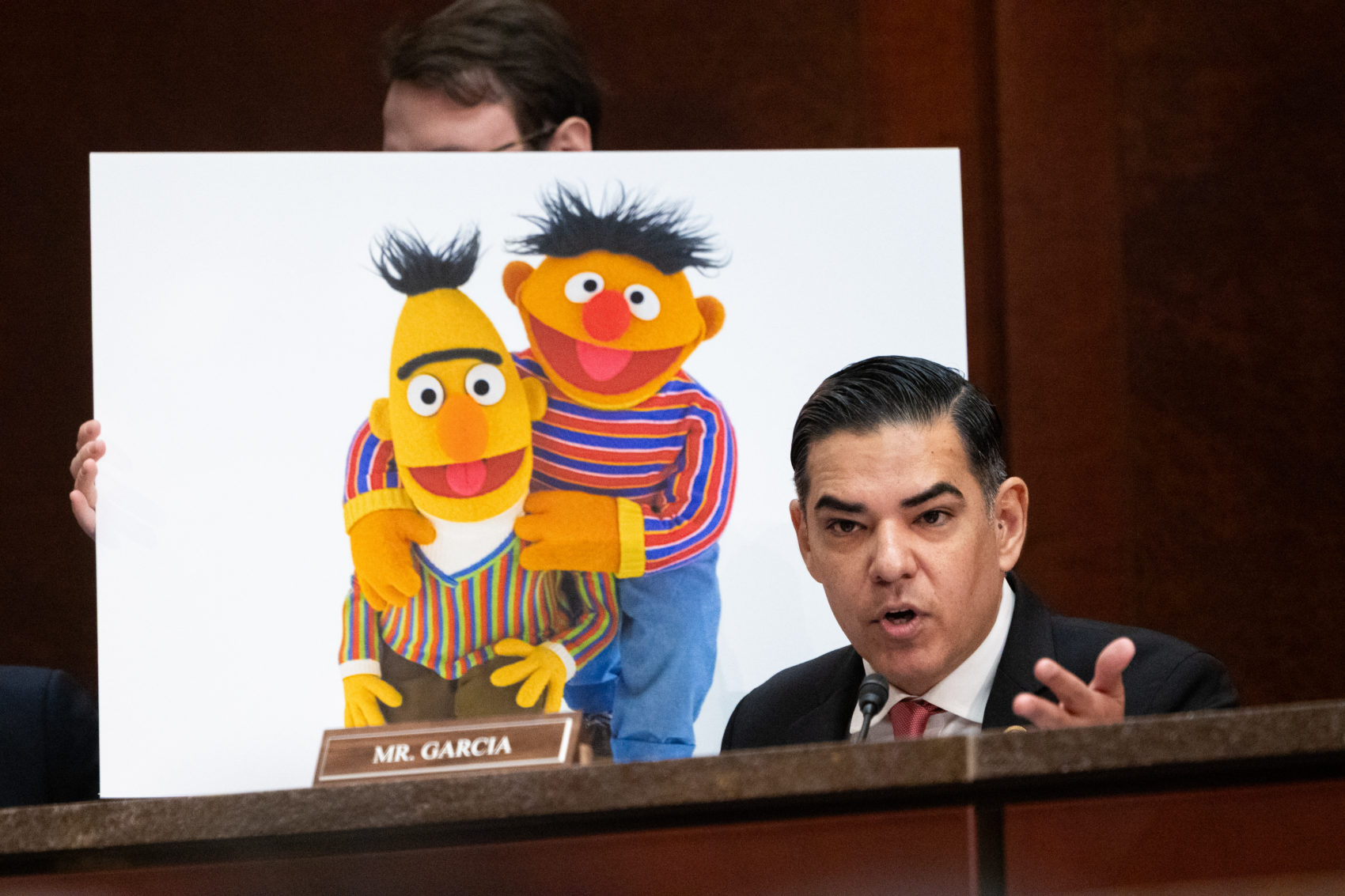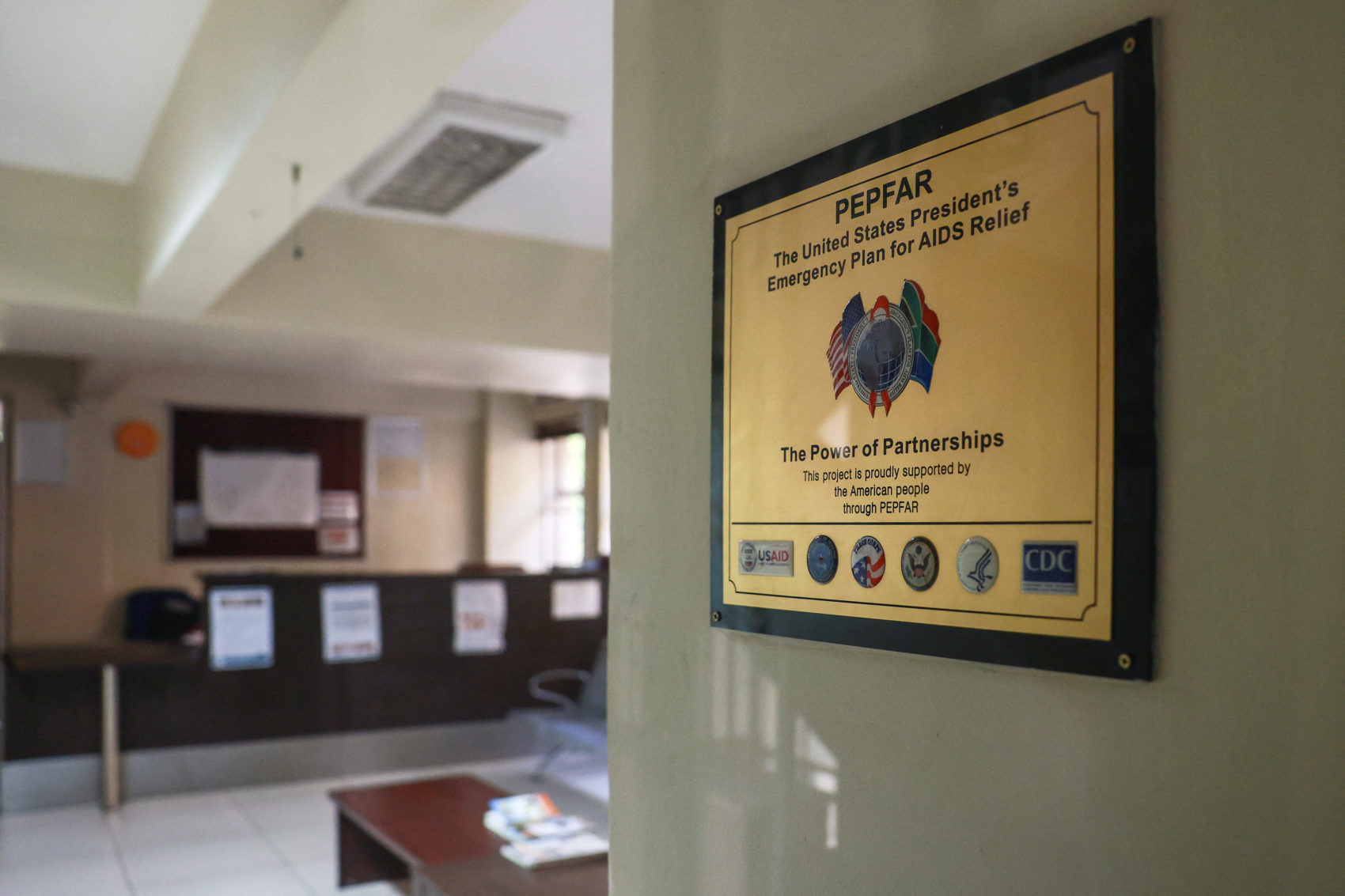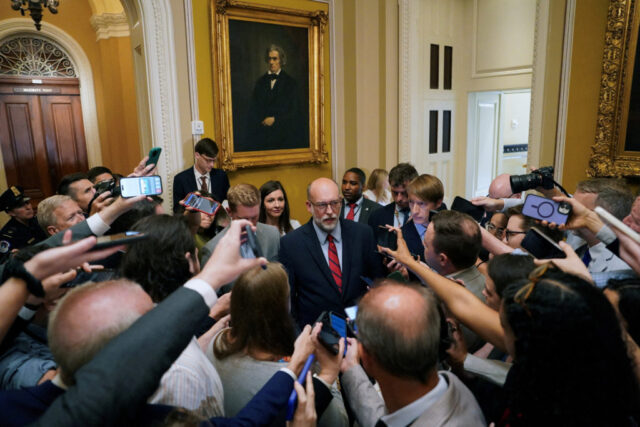
For more politics coverage and analysis, sign up for Here’s the Deal, our weekly politics newsletter, here.
Republicans, just two weeks ago, passed the largest set of tax and spending cuts in U.S. history. And with it, a colossal increase in future deficits.
That was a historic legislative push.
President Donald Trump’s rescissions proposal that is before Congress this week, is a minute fraction of the “One Big Beautiful Bill Act,” in terms of dollars involved.
But those dollars fund significant programs. And this effort is a critical test balloon for Trump and Office of Management and Budget Director Russell Vought.
Let’s lay out what is happening and why it matters.
The basics
The rescissions package is a request from Trump to Congress to immediately rescind funding on 22 items that lawmakers have previously approved.
- It totals $9.4 billion, with a “b.”
- That is a tiny portion — 0.1% — of the annual federal budget.
- The bulk of the cuts are to foreign aid — $8.3 billion in cuts to current funding.
- What about PBS and NPR? $1.1 billion would be cut from the Corporation for Public Broadcasting, eliminating the federal funding that had been allocated for the next two budget years. The corporation supports more than 1,500 local stations, as well as national programming on PBS and NPR.
- Timing. For the cuts to happen, a majority of lawmakers in each chamber must agree by Friday.
The votes

A main point of contention among Senate Republicans is what happens to the U.S. President’s Emergency Relief Plan for AIDS Relief, known as PEPFAR, and other HIV/AIDS programs in global health. Photo by Phill Magakoe/AFP via Getty Images
- This package passed the House — 214-212 — in June. But that was not a natural outcome.
- The bill was on track to fail during the floor vote. Then, I watched as House Speaker Mike Johnson convinced two Republicans to flip from “no” to “yes” and approve the bill.
- This week, the Senate handles the bill.
- If all Democrats vote “no,” Republicans can afford to lose no more than three senators from their party.
- Already there are public, serious doubts from a handful of Republicans: Sens. Susan Collins of Maine, Jerry Moran of Kansas and Lisa Murkowski of Alaska.
- Another Republican — Mike Rounds of North Dakota — had significant issues with cuts to rural, Native American radio stations but told reporters today that he is now a “yes” on the bill after the White House promised to fund nearly $10 million dollars separately for those stations.
- But I have had conversations with a slate of other members who have problems with the rescissions proposal.
- The main points of divide: Cuts to U.S. President’s Emergency Relief Plan for AIDS Relief, known as PEPFAR, and other HIV/AIDS programs in global health. And cuts to the CPB.
What is happening now
- Senators will get the chance to change the bill.
- Several Republicans are working to find an amendment that will get majority support and help them pass the bill.
- Late changes. Lawmakers indicated on Tuesday afternoon that PEPFAR cuts would be removed from the rescissions package. More details are needed, but multiples sources also told me that funding for malaria, tuberculosis, nutrition and maternal health is being protected from the global health cuts in the rescissions package.
- Those votes could start tonight, with a procedural test.
- It’s close. It is not clear right now if Republicans have the votes.
- Timing. We expect Wednesday and Thursday to be the bigger action days.
It is hard to tell what happens next, but members are highly motivated, including pressure from Trump, who has threatened to withhold endorsements for lawmakers who break with him on this.
As I write this, Republicans have not yet figured out what their final and most important amendment will look like —- or how to make sure it will have the votes to pass.
That said, I still expect something to pass the Senate and then go back to the House for a vote there.
The deadline
By law, Congress has 45 days, and no more, to pass rescissions after the president sends his proposal.
- That puts the deadline at the end of Friday — 11:59 p.m. Eastern.
- After all the time spent on Trump’s “big, beautiful bill,” Republicans are cutting this close.
- We expect the Senate to change the bill. The chamber will need at least two days to do that.
- And then the House must re-vote.
Why it matters
Office of Management and Budget Director Russ Vought testified in June that the administration could send more requests to claw back already appropriated money if its first attempt is successful. Watch the clip in the player above.
Let’s start with the foreign aid cuts.
- What Republicans say. Republicans say the $8.3 billion, including global health cuts, will simply rein in what they see as outlandish and liberal ideological spending.
- But those in global health see it as dangerous.
- What are the details? The Trump proposal lists only the amounts to be cut. The White House has not sent specifics over what precisely would be cut.
- That’s a problem for several senators. And adds to concerns that this would include lifesaving programs, like PEPFAR’s efforts to prevent and treat HIV and AIDS.

Rep. Robert Garcia, D-Calif., questions witnesses during a House hearing in March. Behind the congressman is an oversized image of Bert and Ernie, beloved Muppet characters in the “Sesame Street,” the children’s TV show that’s long been a staple on PBS. Photo by Nathan Posner/Anadolu via Getty Images
For public broadcasting, the cuts would eliminate all federal funding for the next two years. In a statement after the House vote, PBS said the cuts would have “devastating” effects on PBS and local stations, particularly in small and rural areas.
But there are bigger picture tests and questions at play about the power of the purse.
- This is a test. Vought and the Trump administration have made it clear that if this rescissions package passes, they plan to send many more.
- This could alter the role of Congress dramatically for the indefinite future, shifting its traditional role of controlling funding so that the White House steers more of that key power.
This could have major effects on this year’s funding battle, coming quickly in September.
Lawmakers are heading for a showdown, which right now seems likely to head to another short-term funding extension.
That is the kind of situation where the White House will again try to govern by rescission, rather than follow Congress’ funding lead.
As always, things can change. Follow me on X for the latest and greatest.
Support PBS News Hour
Your donation makes a difference in these uncertain times.

















































